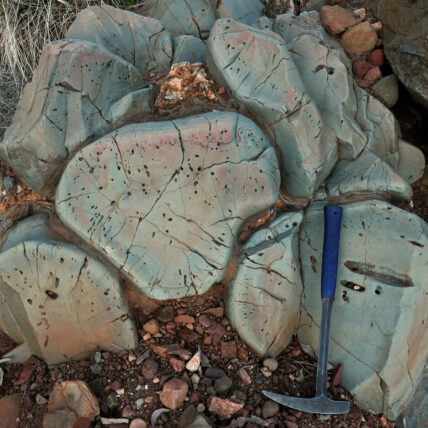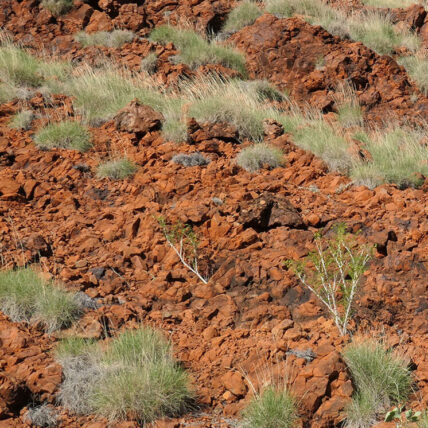Graduate Program
Tailor your research to your unique interests and passions for Earth and planetary sciences. You’ll thrive in our collaborative culture, fostering academic growth and empowering you to make meaningful contributions in the areas that inspire you most.
From the air we breathe to the resources we use, the study of our Earth and other planets continues to touch every aspect of the human experience. As a PhD student in the Department of Earth and Planetary Sciences (EPS) at Harvard University, you will work with our world-class faculty in state-of-the-art facilities to gain a better understanding of the universe through a combination of theoretical, computational, laboratory, and field-based methods.
Supported by the collaborative culture that we have cultivated at EPS, in addition to resources and advantages that come with being part of the larger Harvard community, earning your PhD from Harvard EPS is guaranteed to be an unparalleled experience.
Why Harvard EPS?
There are so many advantages to studying Earth and Planetary Sciences at Harvard, including:
- Exciting field opportunities — students have explored Maine to Spain, with research trips to Australia, Norway, Canada, and beyond.
- Cutting-edge instrumentation access — featuring Harvard’s Visualization Research and Teaching Laboratory with Ultra High Resolution Science Observatory.
- Exceptional professional pathways — alumni have secured roles as NASA senior research scientists, ExxonMobil geoscientists, and faculty at UC Berkeley, Columbia, and Princeton.
| Course # | Title | Instructor |
|---|---|---|
| EPS 200 / ES 206 | Atmospheric Chemistry and Physics | Jacob |
| EPS 208 / ES 268 | Physics of Climate | Kuang |
| EPS 220 | A Survey of Planetary Sciences | Fu |
| EPS 230 | Paleoclimate as Prologue | Huybers |
| EPS 231 | Climate Dynamics | Tziperman |
| EPS 236 / ES 266 | Environmental Modeling and Data Analysis | Wofsy |
| EPS 237 | Planetary Radiation and Climate | Wordsworth |
| EPS 240 | Isotope and Trace Element Geochemistry and Geochronology | Jacobsen |
| EPS 243 | Geochemical and Cosomochemical Thermodynamics | Jacobsen |
| EPS 244 | Atmospheric Evolution and Habitability of Terrestrial Planets | Wordsworth |
| EPS 245 | Petrological Approaches to Understanding the Earth’s System | Langmuir |
| EPS 247 | Ocean Ridges and the Earth System | Langmuir |
| EPS 248 | Topics in Mineral Physics and Chemistry | Fischer |
| EPS 260 | Solid Earth Dynamics & Paleoclimate | Mitrovica |
| EPS 261 | Sea Level Change | Mitrovica |
| EPS 262 | Theoretical Seismology | Ishii |
| EPS 263 | Reading in Global Seismology | Ishii |
| EPS 265 | Introduction to Seismology | Ishii |
| EPS 270 | Advanced Structural Interpretation Methods | Shaw |
| EPS 271 | Sedimentary Environments | Drabon |
| EPS 272 | Topics in Structural Geology, Tectonics, and Earthquake Science | Shaw |
| EPS 275 | Early Earth Habitability: Conditions for Life’s Emergence | Drabon |
| EPS 286 | Current Topics in Biogeochemistry | Johnston |
| EPS 287 | Biogeochemistry | Pearson |
| EPS 299 | Communication Skills of Academia | Pearson |
*Please speak to your advisor and Aimee Smith about individual plans of study.
Meet Our Students
Our students are an integral part of the innovative research that happens here every day. Learn more about the accomplishments and experience of our current graduate students and alumni.
Meet Our Students







